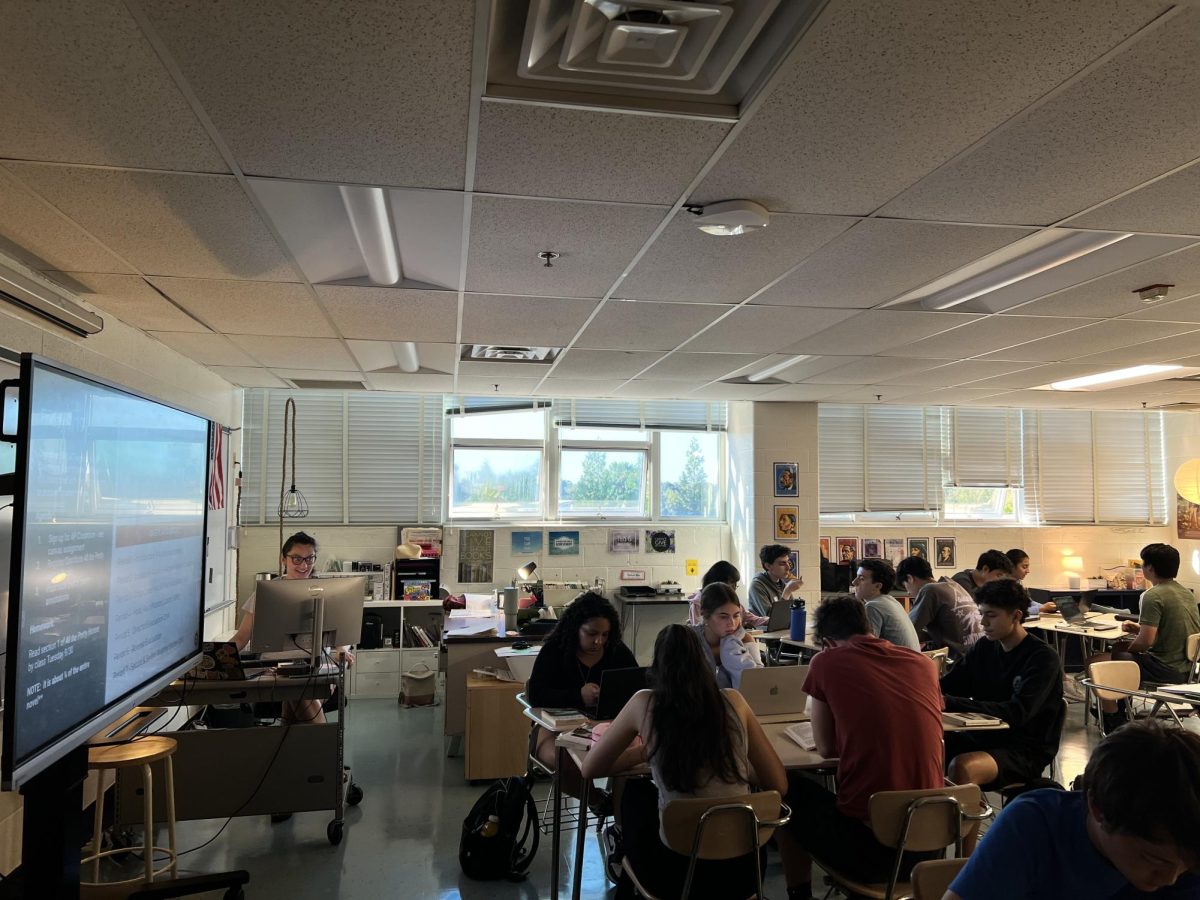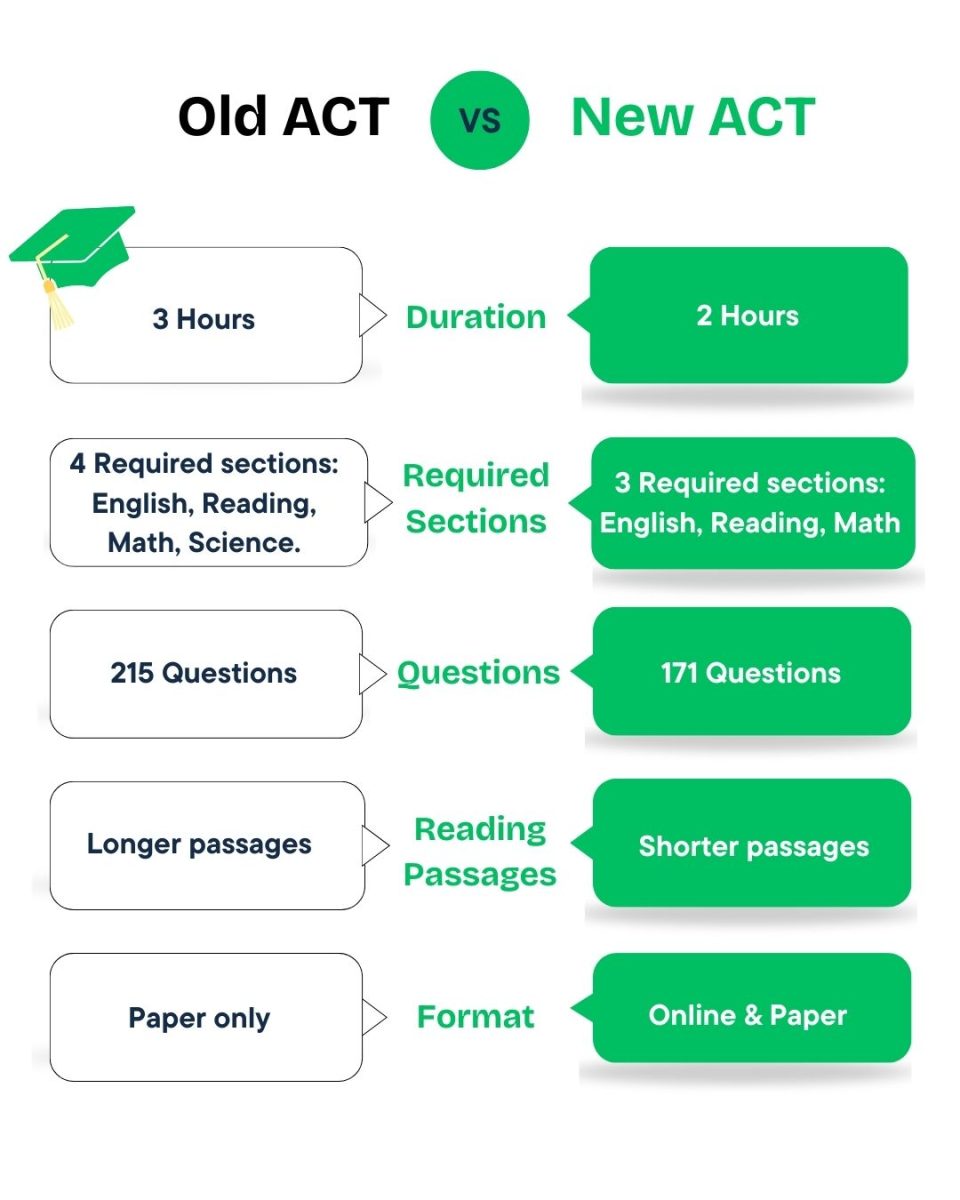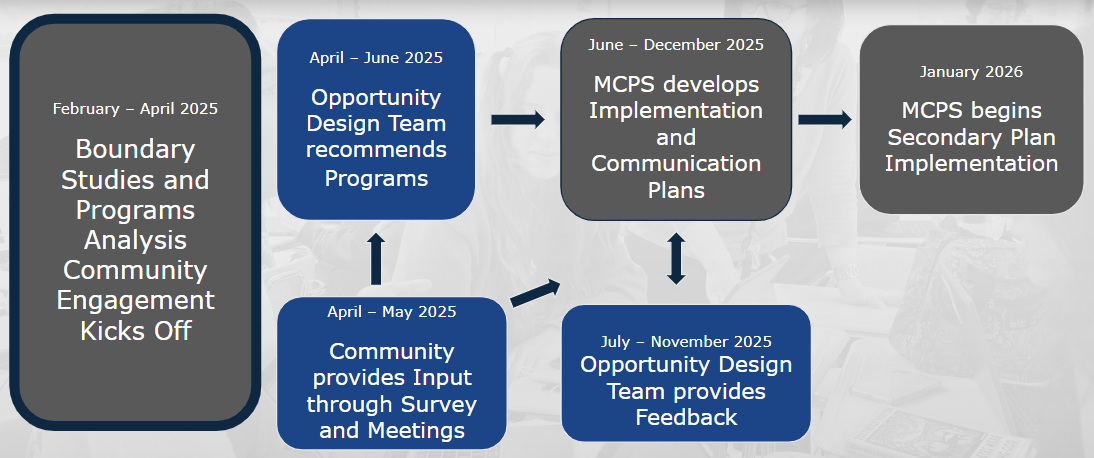Each semester, health students are given a project to share information and their knowledge about certain health issues or diseases to present at the Health Fair. This past Tuesday Jan. 8, the health event included presentations, videos, games and other interactive activities. All of the health groups created colorful tri-fold poster boards to present off of, being graded on the quality of content and the creativity in the way they displayed the information.
Students presented information about topics ranging from drugs like marijuana and heroine to mental health. Senior Isabel Lewin-Knauer and junior Tom Kesey were presenting about the effects and dangers of high stress levels that most students have to deal with in today’s fast-paced society.
“All high schoolers experience stress to some degree. It may not seem like it’s an urgent health risk, but it can create a lot of negative physical and mental effects down the line. It’s super important to learn how to manage it,” Lewin-Knauer said. “If you have good mental health, it will help improve your physical health and your physical life.”
This year’s Health Fair covered issues that many students face and must learn to cope with.
“I really liked how the health fair had such a wide range of topics. I think there was some really good stuff this year about problems that face teenagers specifically. Drunk driving and Juuling were two boards that caught my attention,” senior Rozhina Amini said.
Even though the Health Fair is a large part of the participants’ grades, it is made to include as many WJ students as possible to give them a chance to teach their peers about things they may have always had questions about themselves. The purpose each year is to start the conversation through peer interaction about different health risks that students are exposed to, and to give different strategies and information outside of the formal classroom.
“As far as helping with the decision making process that young adults have to deal with often, being exposed to the various projects is very beneficial,” health teacher Jason Campbell said. “It’s useful to be able to hear from your peers, and not always an adult, someone that’s going through similar experiences that has the same process of thinking.”









